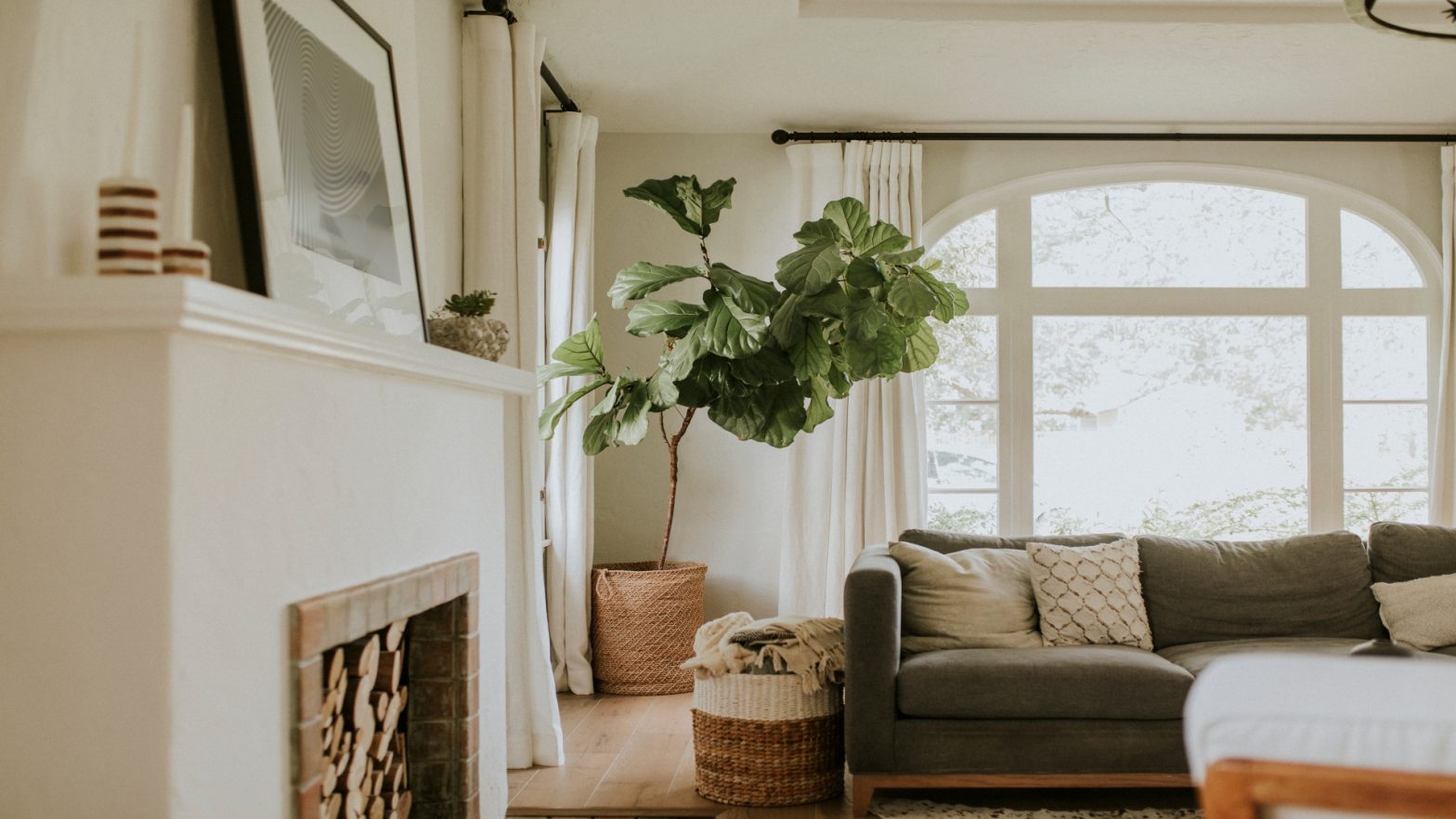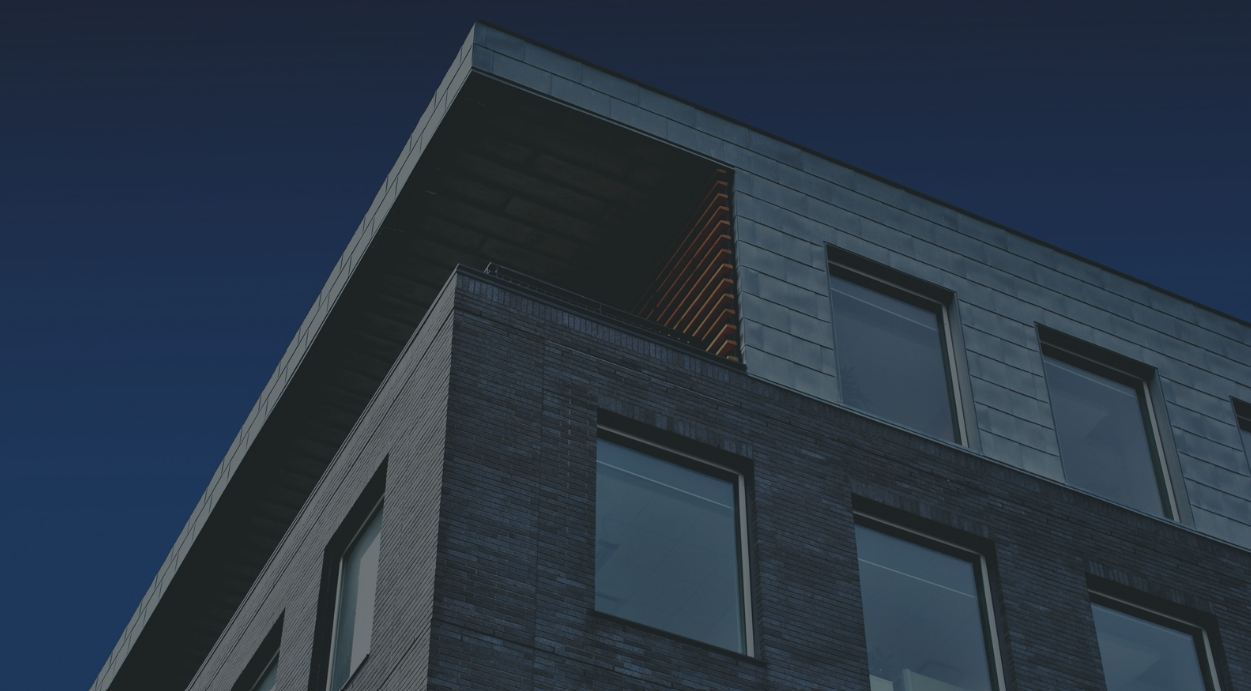Noise pollution isn’t just annoying; it can harm our sleep, raise stress levels, and even impact our overall health. Fortunately, soundproofing can bring much-needed peace. Laminated glass stands out as a particularly effective soundproofing material. Let’s explore how it helps create tranquil environments.
What is Laminated Glass?
Laminated glass is a type of safety glass designed for both strength and sound attenuation. It consists of two or more glass sheets bonded together by a tough, transparent interlayer, usually made of polyvinyl butyral (PVB). This interlayer is the secret weapon; it holds the glass together even if it breaks, preventing shattering and making laminated glass a highly secure material. But importantly, this same interlayer also has excellent sound-dampening properties.
How Laminated Glass Reduces Noise
Sound travels in waves, and to reduce noise, we need to disrupt those waves much like professionals do when constructing a studio build. The laminated glass acts as a multi-layered obstacle to sound transmission. The interlayer absorbs sound energy, converting it into minute vibrations that lose intensity as they travel across the material. Furthermore, the multiple layers of glass reflect some of the sound, further reducing the amount of noise that passes through. This combination of absorption and reflection effectively weakens sound waves, leading to quieter environments.
Let’s break it down further. When sound waves hit the first layer of glass, some energy is reflected. The remaining energy passes through to the interlayer, where a portion is absorbed and dampened. Then the weakened sound wave reaches the second layer of glass, and the reflection and absorption process repeats. Options like patterned glass Chicago add both decorative flair and another potential layer for noise reduction.
Applications of Laminated Glass for Soundproofing
Laminated glass offers versatile solutions for noise reduction in various settings. In residential spaces, it can be used in windows, doors, skylights, and even interior partitions to minimize disruptive neighbourhood noise or create quieter zones within a home. Consider incorporating patterned glass for a decorative touch with added soundproofing benefits. Similarly, offices, hospitals, schools, and other commercial spaces benefit from the acoustic properties of laminated glass. Installing laminated glass Chicago can help create productive and peaceful work environments. Beyond residential and commercial uses, laminated glass also finds applications in sound barriers along highways, recording studios with strict acoustic requirements, and other specialized situations where noise control is critical.
Combining Laminated Glass with Other Strategies
While laminated glass is a powerful soundproofing tool, a holistic approach often yields the most dramatic results. Combining it with other techniques can significantly enhance noise reduction. Consider incorporating sound-absorbing insulation materials to further dampen sound waves. Using laminated glass within double or triple-pane windows creates a superior sound barrier. Seeking professional guidance from specialists in Chicago tempered glass can help you determine the optimal combination of materials for your project. Finally, it’s essential to ensure windows and doors have tight seals to prevent sound leaks that can undermine the effectiveness of even the best acoustic materials.
Choosing Laminated Glass
To get the most out of your laminated glass investment, consider these key factors: Thickness plays a significant role—thicker glass generally offers better sound insulation. The type of interlayer also matters; standard PVB interlayers provide soundproofing, but specialized acoustic interlayers may be available for even greater noise reduction. Look for the Sound Transmission Class (STC) rating, a standardized measure of a material’s ability to block sound. A higher STC rating indicates better soundproofing performance. Finally, balance the cost of specialized laminated glass against the level of noise reduction you need. Consider consulting with companies specializing in custom shower doors Chicago for guidance on choosing materials that fit your specific requirements and budget.
Finding a Good Local Supplier
Investing in quality laminated glass is a crucial step towards achieving optimal noise reduction. Partnering with a reputable local supplier can make a big difference. Seek out professionals with expertise in soundproofing solutions, whether they specialize in residential or commercial projects. They can guide you through the different material options, and installation techniques, and help you select the best products for your specific needs. Look for providers who demonstrate a strong understanding of noise control principles and offer a variety of reliable laminated glass solutions.
Noise pollution is a growing concern with real consequences for our well-being and productivity. Laminated glass provides a powerful tool to combat unwanted sounds. Its unique construction and sound-dampening properties make it a valuable asset in creating peaceful environments for homes, businesses, and other settings. If you’re seeking a quieter space, consider the advantages of laminated glass, including the options for Chicago tempered glass, and explore the variety of soundproofing solutions available.





























